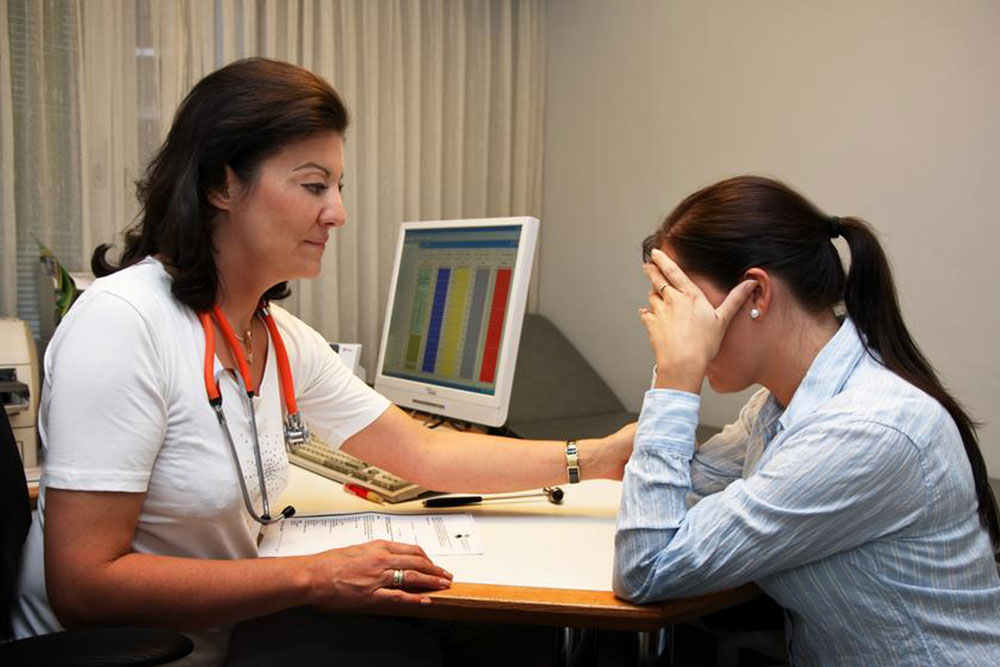Essential Guidelines for Managing Peyronie’s Disease
Discover effective strategies for managing Peyronie’s disease, from understanding risk factors and when to seek medical help to available treatments and lifestyle modifications. Early intervention can improve quality of life and ease symptoms significantly.
Sponsored

Guidelines for Managing Peyronie’s Disease After Diagnosis
Peyronie’s disease results in fibrous scar tissue formation within the penis, known as plaque. This buildup develops inside the tunica albuginea membrane, causing the penis to bend or curve, leading to painful erections, swelling, or inflammation. While not the same as erectile dysfunction, some men with Peyronie’s may experience ED symptoms. Though not life-threatening, prompt management steps are crucial for effective treatment and symptom relief.
Identify risk factors
Factors like injury, autoimmune conditions, vigorous physical activities, or genetics can contribute to Peyronie’s disease. Recognizing these risks can aid in prevention and treatment efforts.
When to consult a healthcare provider
Seek medical attention if you notice significant penile curvature, shortening, pain during sexual activity, or difficulty with erections. Anxiety about sexual performance may also warrant consultation.
Accurate diagnosis and assessment
A primary care doctor can perform physical exams, and imaging tests like ultrasound or X-rays may be recommended. A urologist might be involved for specialized evaluation and treatment planning.
Available treatment options
Management includes medications, some of which are injected directly into the penis. Surgery may be considered for severe pain or deformation. Ensure prescriptions are FDA-approved. Non-surgical therapies like shockwave treatment, penile traction devices, or vacuum pumps can also help reduce scar tissue and improve symptoms.
Natural approaches to support treatment
Adopting a balanced diet rich in vegetables and fruits, quitting smoking, limiting alcohol intake, and engaging in regular exercise can enhance recovery. Proper sleep and a healthy lifestyle bolster overall health and aid in managing Peyronie’s disease.






